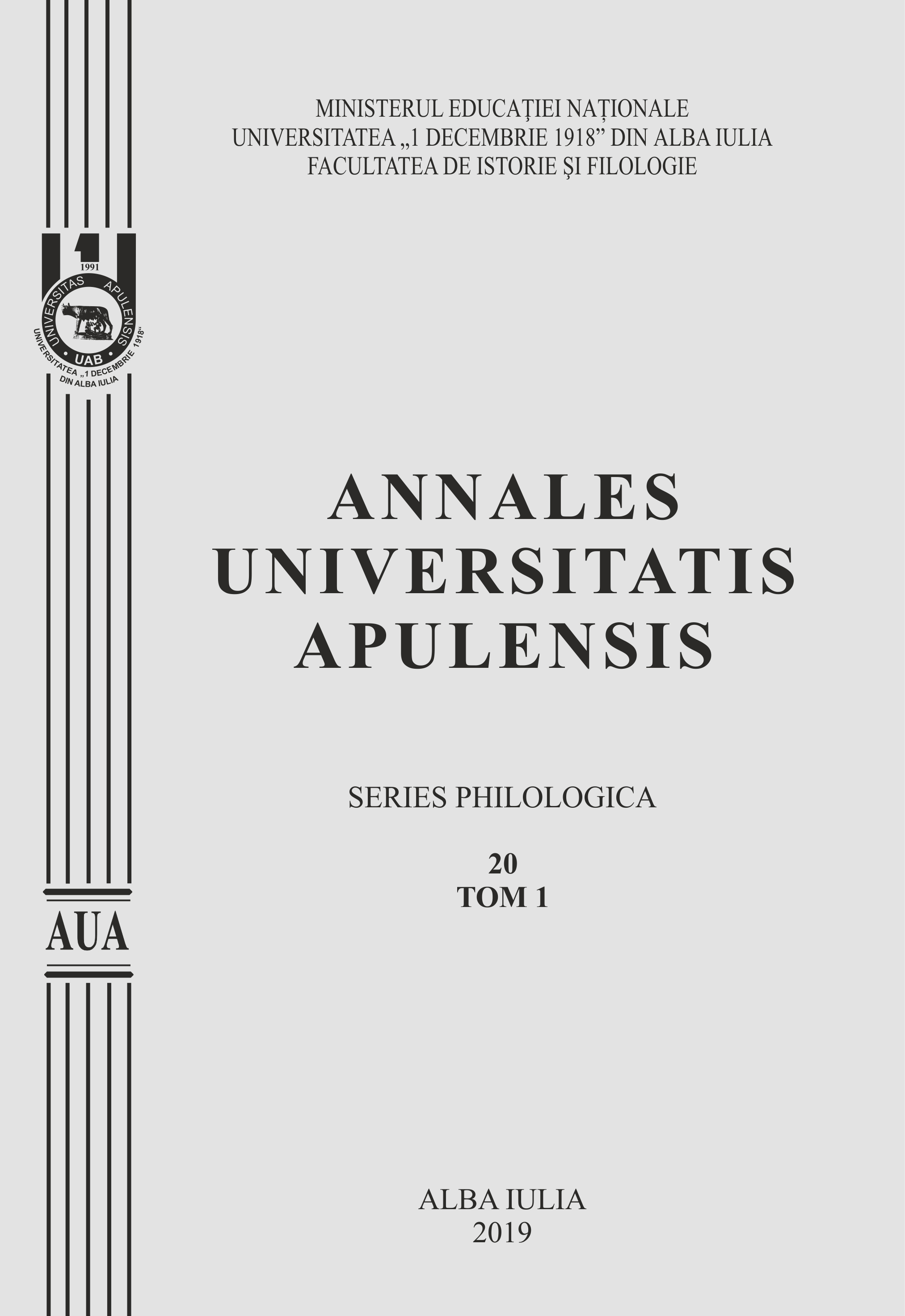QUELQUES CONCEPTS PSYCHANALYTIQUES ADAPTÉS AU CONTEXTE DIDACTIQUE
SEVERAL PSYCHOANALYTIC CONCEPTS ADAPTED TO THE DIDACTIC CONTEXTS
Author(s): Mirela Sanda SălvanSubject(s): Social Sciences, Education, Educational Psychology
Published by: Universitatea »1 Decembrie 1918« Alba Iulia
Keywords: psychanalyse; transfert; ambivalence; identification; idéal du moi;
Summary/Abstract: Starting from a series of fundamental concepts of the psychoanalytic theory, we try, in this paper, to understand the manner in which they manifest themselves in a didactic context. It is about psychic principles that most often operate at an unconscious level. As a space for psychological elaboration, the didactic universe represents the scene on which a series of phenomena specific to the relations with the other can be observed, in general, and with the significant authority figures from the individual development, in particular.Starting from the Freudian concept of transference, we have shown that in the student-teacher relational dynamic, the former reproduces unconsciously a series of reactions / attitudes / patterns of behavior that he acquired at the early stages of his development by interacting with the representative figures from his life. We insist on the unconscious character of these manifestations, which affect the student and the teacher equally, the latter having the difficult task of identifying and managing a complex relational dynamic. Counter-transference represents, in its most current definition, the unconscious reaction of the teacher to the messages coming from those with whom he works, and ambivalence characterizes the coexistence of the positive and negative reactions, of love and hate, manifested by students in relation to the teacher, the methods and means used in the didactic act. The identification and the ego ideal are two other fundamental concepts whose understanding takes into account the way in which the students first refer to the teacher as a person, and then as a transmitter of specific academic knowledge. The psychoanalytic perspective that we propose in the analysis of the didactic context is able to highlight the importance of the student-teacher relation for the success of the educational approach.We believe that understanding the teaching-learning process from this perspective can enable the teacher to have a broad vision of his role by equally providing him with a range of tools useful in managing the problematic situations in which he will inevitably find himself at one moment. The psychoanalytic theory could be a starting point in developing a didactic of the unconscious, in which the role of the teacher would be that of a mediator / catalyst ensuring the access to knowledge for the students, and not of the principal actor on the educational stage. Undertaking this position would in no way mean a minimization of the role or merits involved in the teaching profession but a realistic and responsible adaptation to a professional context in which the teacher's fundamental task remains to serve the other and to open, with the means specific to the subject he teaches, the access to a specific type of academic knowledge, as well as towards a more complex vision of himself and of life in general.
Journal: Annales Universitatis Apulensis. Series Philologica
- Issue Year: 20/2019
- Issue No: 1
- Page Range: 163-172
- Page Count: 10
- Language: French

